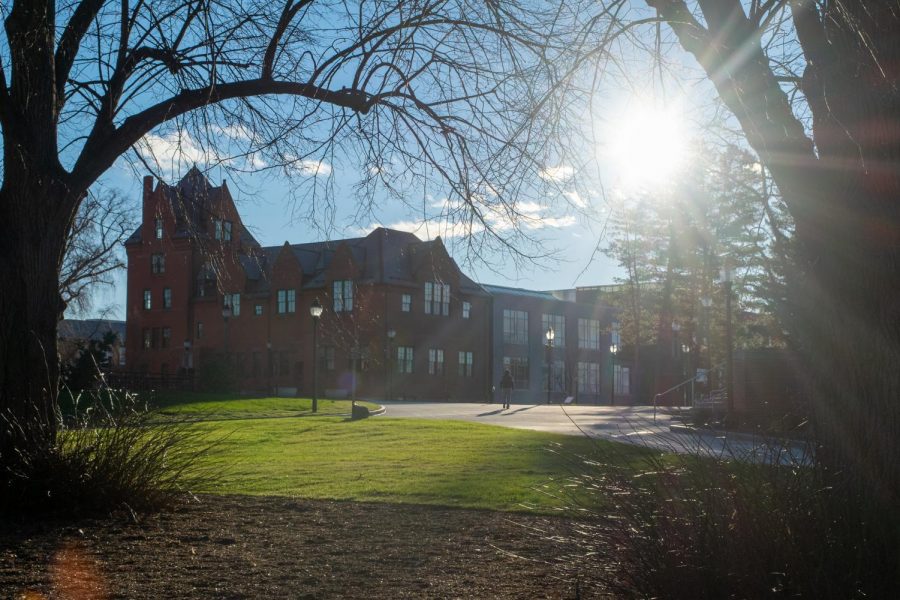I hate settling. On a significant other, on a grade or even on my outfit. Regardless, settling is inevitable, we all have to deal with things that don’t go as planned. However, one thing I absolutely did not settle on was the University of Massachusetts. Sure, there are objectively better schools to go to, but choices shouldn’t be dependent on ranking, because rankings can’t quantify the quality of a college experience. However, the poor construction of the education system in the United States fuels the superiority of private schools and pushes state schools down a slippery slope of being “settled for.”
I’m sure we’ve all had the conversation of what school we’re going to, and the eggshells that you have to walk around with some people on going to a state school. The reality is state schools are perceived as lesser, and that is thinly-veiled classism. Private schools are often filled with students who can fund private tutors, pay for feeder schools (like Boston College High School), and coordinate with advisors the average student wouldn’t have. On top of all of that, private school tuition is expensive and inaccessible to many. Despite being the only option for many students, state schools are looked down upon compared to private schools. This perspective is a problem.
According to its website, the Five College Consortium is “committed to providing equal access for all.” However, there’s an aspect of classism among the four private schools in that people look down on the one state school in the consortium. I’ve heard of students within the consortium taking UMass classes to “boost their GPA” or “lighten their workload.” Of course, the state school is the one perceived as lesser. The Consortium connects the five schools, which provides the community with an opportunity to compare them to one another. It is an excellent opportunity for students involved in each university, and should be treated as such.
Another thing I hate settling on is what to watch. Luckily, Scooby-Doo never disappoints. In fact, the Five Colleges are often compared to the characters in the show. Fred is the one who can always trap the bad guy. Daphne’s known for being rich and always getting into danger. Velma serves as the oddly likeable super smart one, and Shaggy, the detective.
And then there’s Scooby. Although the main character, he is a dog, and he has one character trait that involves running away and being otherwise useless. I think the most surprising thing I’ve learned here is how the Scooby-Doo characters and the Five College Consortium are analogous. Each of the colleges have their own character. It’s even mentioned in the Five College Consortium Wikipedia page! Fred is Amherst College, Daphne is Mount Holyoke College, Velma is Smith College, Shaggy is Hampshire College, and Scooby is, of course, UMass. I’d like to say I’m surprised that in a show of smart detectives, ZooMass gets to play the dog, but in a world full of implicit bias, I’m unfortunately not. Just like Scooby being the butt of the joke, so are we.
I’d like to change the narrative. State schools are not inferior, because how can you define educational superiority? Learning is shaped by perspective, and state schools offer the widest array of people you can realistically meet in college. By refusing to shape freshman classes around classist ideals, UMass has a diverse community, which allows students to learn from people of varying backgrounds and understand each other. The school that you got your degree from is starting to matter less and less in the job market — it is becoming more reliant on personability. Luckily, UMass has already taught me a great deal about the different perspectives in this world. Sure, we could sit here and be mad that we are Scooby-Doo, a dog, but I’d rather shift the focus. We are not just Scooby-Doo, the dog of the show. We are the main character, and although often overlooked, we are the personality that gives life to the show.
Conor Johnston can be reached at [email protected].



















